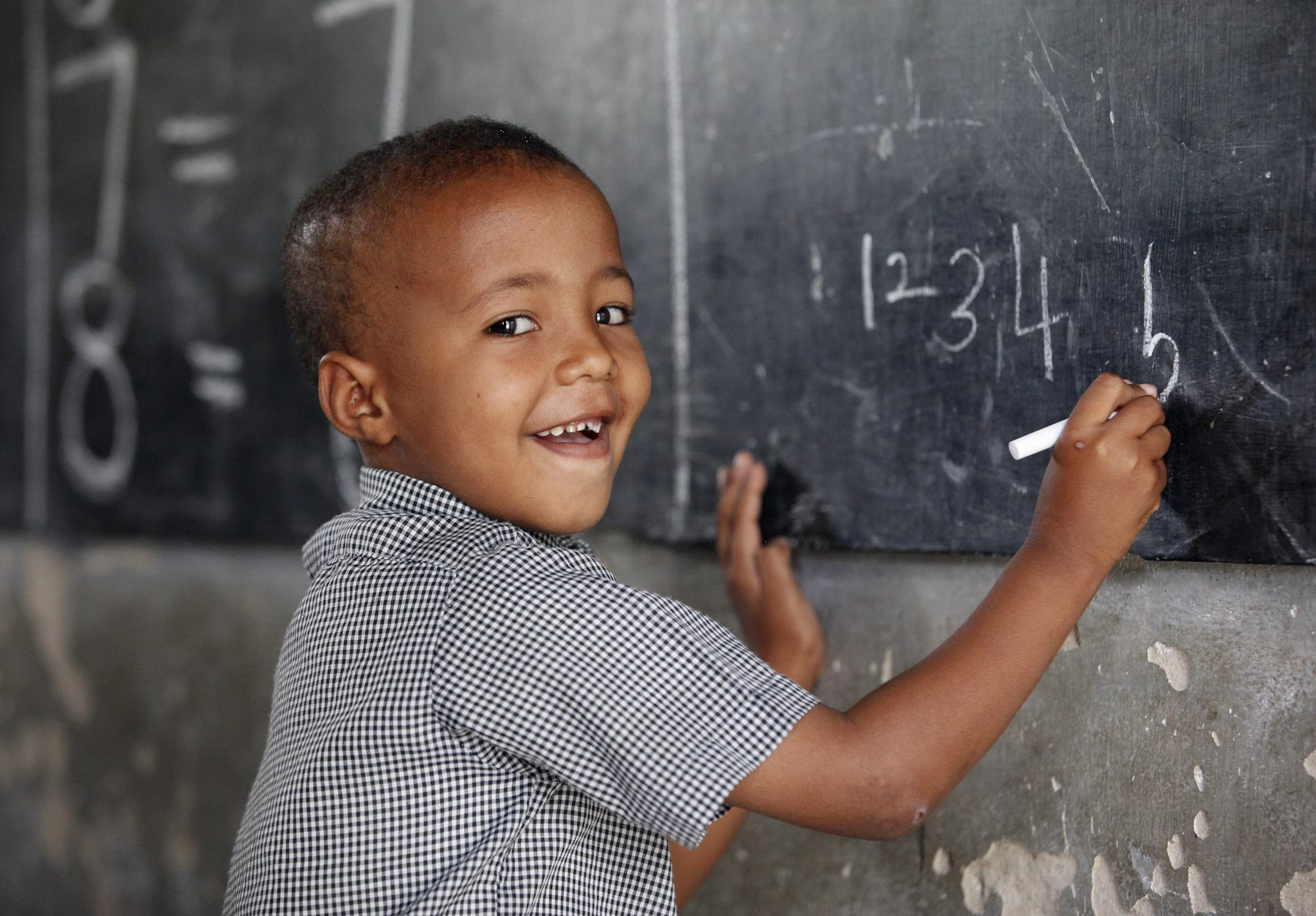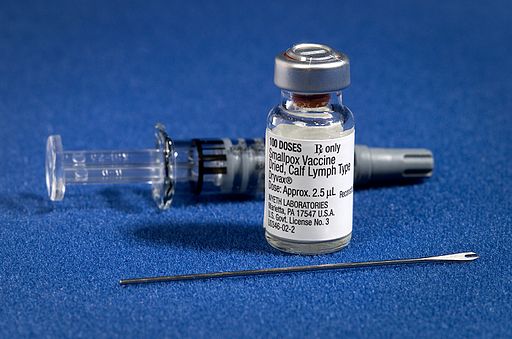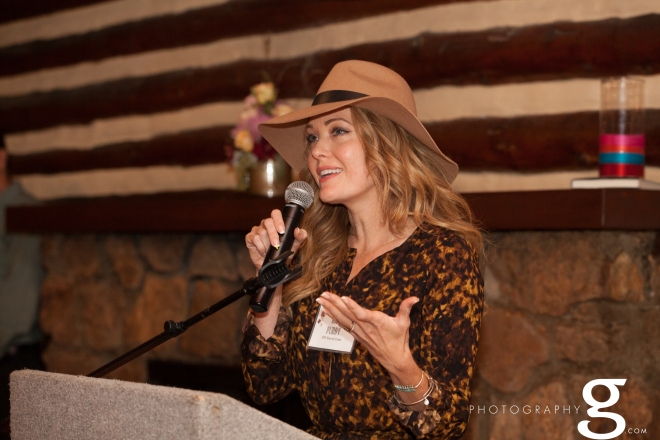In the eleventh installment of the Immunology 101 Series, Aimee will explain the basics of the infectious disease mumps and the science behind the vaccines available for mumps.
[Read more…]
Confronting Polio: An Interview with Former Lt. Governor Barbara O’Brien
In this post, we share notes from our conversation with former Colorado Lt. Governor Barbara O’Brien as she recounted her family’s experience with a vaccine-preventable disease that plagued our nation not long ago. [Read more…]
Support Your Herd: Growing a grassroots vaccine advocacy and education movement in Boulder
By Karli Carston
As a kid, I took vaccines for granted. Shots were something that was mildly unpleasant but necessary.
Then I grew up and became a mom.
I followed the car seat recommendations. I followed recommendations for breastfeeding and starting solid foods. I understood the relative risks and benefits of vaccines and followed the Centers for Disease Control and Prevention (CDC) schedule for both my kids. I assumed pretty much everyone else did the same.
It wasn’t until a couple of years ago when I moved to Boulder, Colo. to start a new job when my bubble burst. A local education news outlet, Chalkbeat Colorado, had calculated the proportion of students in each public school who were fully vaccinated and published the rates for parents like myself to see, and the information was both surprising and disheartening. A well-regarded charter school recommended to us by friends and neighbors had a 50 percent vaccination rate. Our local elementary school was much better at 85 percent but still fell far short of what is necessary for herd immunity. Not everyone accepts that the health benefits of vaccines outweigh the minuscule risks?!, I thought. How could this be? But the data were there in black and white.
[Read more…]
Why I Chose to Vaccinate
By Briana Sprague, Perinatal Hepatitis B Prevention Coordinator at the Colorado Department of Public Health and Environment
When I found out I was pregnant, my dream of having a child finally came true. There was nothing I wanted more in this life than to be a mother. I had known as long as I could remember that I was destined to become a mom. The birth of my son, Jackson, was singularly the best moment of my life. I knew instantly that I loved him more than anything and that protecting him was my new life mission. The first three days home from the hospital were probably the hardest days of my life but also the most rewarding. Each day that I get to watch my son grow tops the day before.
One thing I learned about myself after becoming pregnant is that I am scared of everything. While I’m not afraid to admit that, I am afraid of not being able to protect Jackson from everything that could potentially harm him. But that just isn’t possible.
One Mother’s Story: The Importance of HPV Vaccination
This week of National Immunization Awareness Month (NIAM), Aug. 22-28, focuses on the important role vaccines play in protecting preteens and teens against serious diseases.
By Kimberly Graham
With three kids a little too close in age, keeping track of who needs which vaccines and when has never been my strong suit. Fortunately, now that they’re getting older, they need fewer shots, and I need fewer post-doctor visit bribes.
My second grader was seemingly in the clear until at least middle school, but this summer, our family’s health history changed. So did my thinking about HPV vaccines, which can be given to girls and boys as early as age 9 as a way to prevent certain kinds of cancers.
My mom, a 56-year-old bookkeeper, was diagnosed with oral cancer in late May. A biopsy later confirmed that her case—a tumor on the back her tongue that had spread to lymph nodes in her throat—was caused by a strain of HPV. [Read more…]
Why are we still talking about autism and vaccines? (And why is DeNiro asking us to?)
This blog post originally appeared on From the Square – The NYU Press Blog April 27, 2016.
By Jennifer Reich
Actor Robert DeNiro hand-picked the documentary Vaxxed: From Cover-Up to Catastrophe to show at the Tribeca Film Festival in New York, which he founded. The film, which has since been removed after widespread criticism, explores well-traveled terrain. At the center (according to promotional materials) are perennial claims that vaccines cause autism. More specifically, the movie focuses on a 2004 study published in the well-respected journal Pediatrics in which researchers from the federal Centers for Disease Control and Prevention (CDC) argue there is no causal link between autism and the measles-mumps-rubella (MMR) vaccine. The filmmakers revisit a controversial claim by one of the authors: data showed that for a subset of African American boys vaccinated before the age of three years, the risk of autism increased with on-time vaccination and the CDC threw those data out.
Every Child’s Life is Precious
By Felisa Hilbert
During World Immunization Week (April 24-30) organizations around the world raise their voices to educate, promote and increase the rates of immunization against vaccine-preventable diseases.
Why? Because every child’s life is precious. Yet in developing countries around the world, a child dies every 20 seconds from diseases that can be easily prevented with a vaccine. When you think that every 20 seconds a child dies (which equals 3 children per minute), 180 will die in an hour and 4,320 children will die in a day. Can you imagine 1,440 children dying during your shift of 8 hours at work? I know for many of us here in United States this seems astonishing and incredible, but this is a reality for many mothers and children in developing countries. [Read more…]
Closing the Immunization Gap: It’s Time to Reach the Fifth Child
By Jordan Savold, communications and research fellow at the Colorado Children’s Immunization Coalition and United Nations Foundation’s Shot@Life Champion
World Immunization Week is held each year during the last week of April to promote the use of vaccines to protect people of all ages against disease.

Photo: United Nations Foundation, Shot@Life
Did you know that one in five children worldwide lacks access to important, life-saving vaccines?
This means that around the world, every 20 seconds a child will die from a vaccine preventable disease. The number of children dying every year from preventable diseases in developing countries is equivalent to nearly half the children entering kindergarten in the U.S.
CHICOS: Combatting HPV Infection & Cancer
By Amanda Dempsey, MD, PhD, MPH, and Jenna E. Reno, PhD
In honor of Cervical Health Awareness Month, we’ve asked Amanda Dempsey, MD, PhD, MPH, and Jenna Reno, PhD, of The Adult and Child Consortium for Outcomes Research and Delivery Science (ACCORDS) at the University of Colorado to fill us in on their current project working to increase HPV vaccination rates among male and female adolescents and young adults.
According to the Centers for Disease Control and Prevention, every year, over 27,000 women and men are affected by a cancer caused by HPV [human papillomavirus] — that’s a new case every 20 minutes. HPV can lead to cancers of the cervix, vagina, penis, anus, tonsils, and throat. While there is no cure for HPV, the HPV vaccine works almost 100% of the time at preventing the most common HPVs from causing disease. Despite this fact, HPV vaccination rates among adolescents and young adults (those most susceptible to infection) in the U.S. remain low.
A Few Pages from the Life Notes of Amy Purdy at S.O.U.P!
By Jordan Savold, CCIC Communications and Research Fellow
To kick off the 8th annual S.O.U.P! (Shots Offer Unrivaled Protection) fundraiser for the Colorado Children’s Immunization Coalition (CCIC), Amy Purdy posed an intriguing question:
“If your life was a book and you were the author, how would you want your story to go?”
- « Previous Page
- 1
- …
- 3
- 4
- 5
- 6
- 7
- …
- 11
- Next Page »


